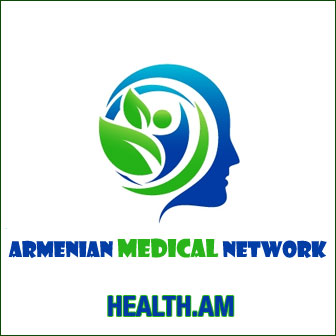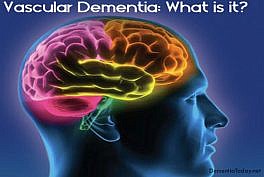10 Warning Signs of Alzheimer’s and Dementia
How do you know if your parent has Alzheimer’s disease or dementia? If dad continually forgets where he puts his keys, or mom seems to get easily confused these days, does it mean they have Alzheimer’s? Not necessarily. Only a doctor can diagnose the condition. Every person experiences different symptoms, to different degrees. But here are some Alzheimer’s warning signs to look for.
1. Forgetfulness and memory loss
The most common symptom of Alzheimer’s disease is memory loss. However, just because dad can’t remember where he put his shoes or calls the grandkids by the wrong name doesn’t mean he has Alzheimer’s. Anyone can sometimes forget the details of a conversation, but early onset Alzheimer’s causes a person to forget entire conversations that took place only moments ago. Alzheimer’s usually affects short-term memory first, meaning the person forgets information that he/she recently learned. They have trouble remembering important dates and events. They ask for the same information over and over again. They may even forget the faces of family members.
2. Lack of concentration and confusion
Getting confused about times and places is a common sign of Alzheimer’s. Your mom or dad may have difficulty concentrating and take much longer to do things than they did before. People with Alzheimer’s may forget where they are, or how they got there. They might have difficulty understanding that an event happened in the past, or will be occurring in the future, versus something that is happening in the present. They lose track of the seasons and passage of time.
3. Losing things
A person with Alzheimer’s disease may put things in unusual places. For example, misplacing your keys can a happen to anyone, but finding lost keys in the freezer could indicate Alzheimer’s. A person with Alzheimer’s may lose things and be unable to retrace steps to find them again. They may swear they placed an object in a certain place, and accuse others of stealing it when it doesn’t turn up where they expected to find it.
4. Difficulty doing familiar tasks
Alzheimer’s affects the ability to do normal, everyday tasks. People may have trouble remembering how to drive, how to cook a favorite recipe, or how to play a familiar game. They may start relying more on a spouse or family member to do things for them that they once enjoyed doing themselves.
5. Language and speaking problems
People with Alzheimer’s have trouble remembering the right words. For example, they say “what-cha-ma-call-it” instead of eyeglasses, or call a watch a “hand-clock.”
6. Problems with simple math
People in the early stages of Alzheimer’s may have difficulty working with numbers, including simple math problems. They may have trouble balancing a checkbook, or calculating simple addition. Along with math, Alzheimer’s can affect one’s abilities related to vision, such as depth perception, judging distance or seeing colors.
7. Poor judgment
Look for changes in decision making, rationalizing and judgment skills. A person who has made poor decisions all of their life might not have Alzheimer’s. But Alzheimer’s could be the culprit when a once logical decision maker who weighed all the options and made sound decisions suddenly exhibits poor judgment.
{pagebreak}
8. Personality changes and mood swings
A person with Alzheimer’s might exhibit changes in personality and sudden mood swings. They could become fearful, suspicious, depressed, fearful or anxious. A once self-confident person might become tentative and shy. They may be easily upset at home, or in places where they are out of their comfort zone.
9. Changes in grooming and personal hygiene
Sudden or declining attention to hygiene – not bathing, wearing the same clothes over and over again, not brushing teeth – can point to Alzheimer’s disease. When a person once kept her home immaculate all her life, but suddenly stop cleaning and leaves clutter laying around for weeks, it could be cause for concern.
10. Withdrawing from friends and family
Someone with Alzheimer’s might start withdrawing from family, friends and activities they once enjoyed. Rather than calling attention to memory lapses or communication issues, they avoid situations where they have to be around others. They are typically embarrassed at their inability to communicate or perform tasks like they once did. Alzheimer’s-related depression also cause withdrawal from social situations.
Doctors diagnose Alzheimer’s or dementia only if two or more brain functions – such as memory and language skills – are significantly impaired without loss of consciousness. If you think someone you love has Alzheimer’s disease, contact your doctor.
###
By Marlo Sollitto, AgingCare.com editor
AgingCare.com is a leading online community that connects people caring for elderly parents to other caregivers, personalized information, and local resources. AgingCare.com has become the trusted resource for exchanging ideas, sharing conversations and finding credible information for those seeking elder care solutions.





